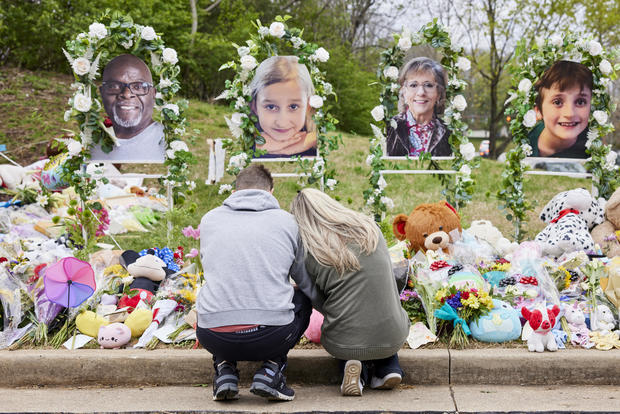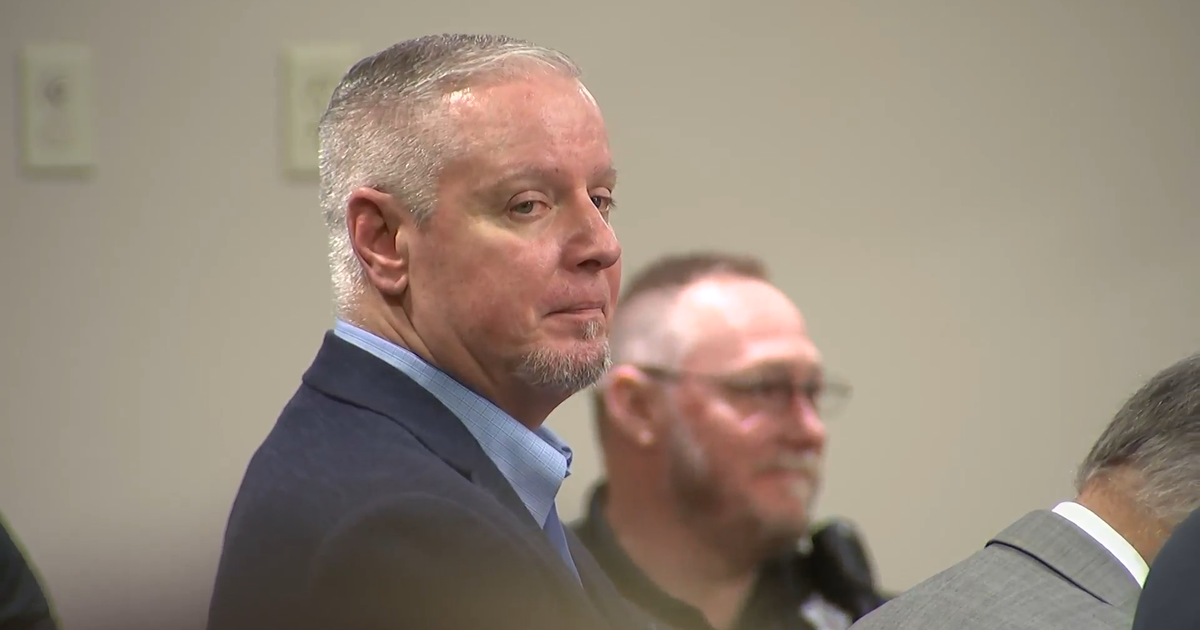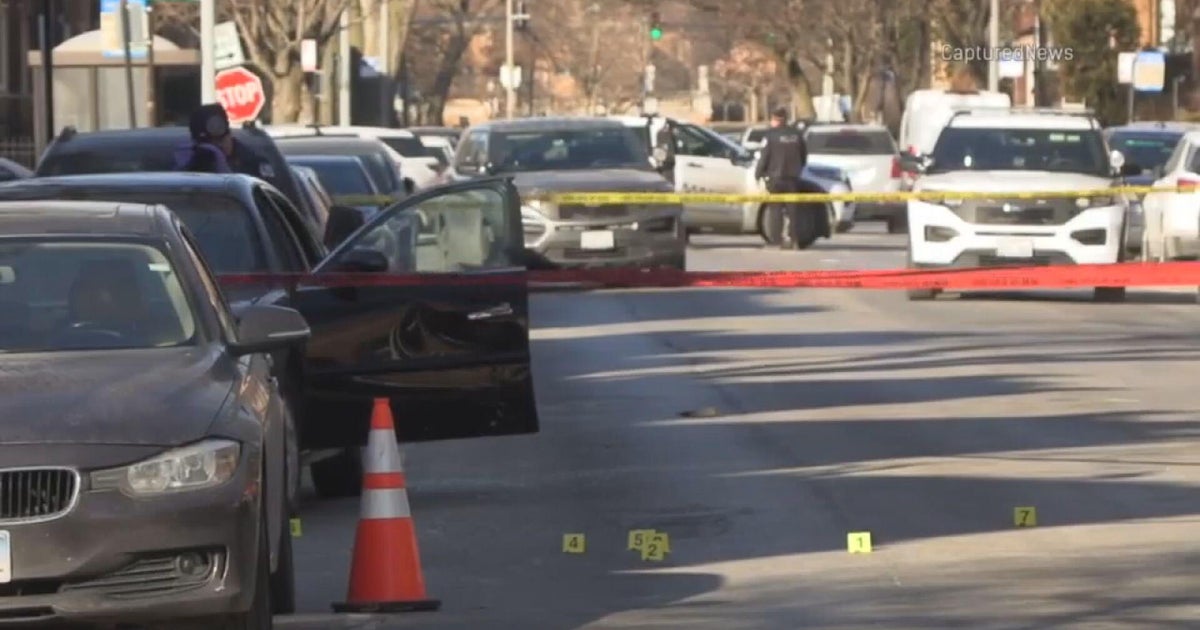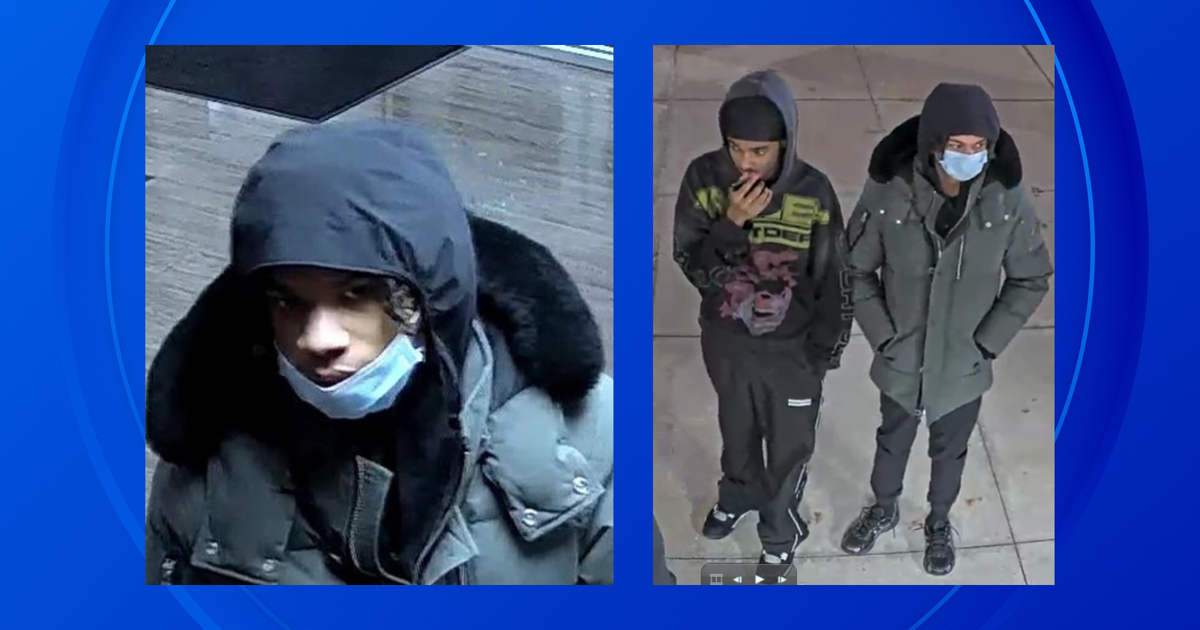Possible leak of Nashville shooter's writings before Covenant School shooting under investigation
The Nashville mayor's office called on the city's legal team Monday to investigate the possible unauthorized release of the writings of Audrey Hale, the shooter who indiscriminately opened fire in March at the Covenant School. The shooter killed three children and three adults before being fatally shot by police.
Mayor Freddie O'Connell issued the statement shortly after conservative radio host Steven Crowder released what he said were three images of the shooter's writings from the day of the rampage.
"I am deeply concerned with the safety, security, and well-being of the Covenant families and all Nashvillians who are grieving," O'Connell said.
The Metro Nashville Police Department said Monday the images were not "MNPD crime scene images" and that it was working with Nashville's legal department in the investigation.
Meanwhile, the Tennessee Bureau of Investigation declined to confirm the authentication.
Authorities have not disclosed any of the shooter's journals or writings that were collected after the March 27 shooting at the Covenant School, a private school in Nashville. The shooter left behind at least 20 journals, a suicide note and a memoir, according to court filings.
MNPD initially said they would release the documents, but only after an investigation was officially closed — which could have taken months. In response, groups seeking the documents filed a lawsuit arguing that since the suspect was dead, the records should be immediately released.
Police then reversed course, saying that because of the lawsuit they would await the direction of the court on whether to release the shooter's writings.
That lawsuit is ongoing.
The three children who were killed in the shooting were Evelyn Dieckhaus, Hallie Scruggs and William Kinney. The three adults were Katherine Koonce, 60, the head of the school; custodian Mike Hill, 61; and 61-year-old substitute teacher Cynthia Peak.
Wally Dietz, Nashville's law director, confirmed in a statement Monday that he was launching the investigation, but said he could not immediately confirm nor deny the authenticity of the documents due to the limited information surrounding the "possible leak."
The Associated Press also has not confirmed the authenticity of the documents released Monday. The AP is one of several groups that have requested the writings but is not involved in the lawsuit to obtain them.
Attorneys representing families with the Covenant School have repeatedly said they have not seen the shooter's writings.
Brent Leatherwood, whose three children attend Covenant School, challenged Crowder and anyone who would amplify the images online to "just be a human for once," and stop seeking clicks or platform building. Talking to reporters, Leatherwood said the writings have the ability to inspire further attacks.
"How many people have to be killed in a senseless way so that you can get clicks?" he said.
Leatherwood said he received phone calls from parents upset and worried to even look online at the images: "The damage done today is already significant, and I'm afraid it's only going to grow."
In May, a chancery court judge ruled that a group of more than 100 Covenant families could intervene in the case. The families say they do not want the police records to be made public, arguing the records will only cause more pain and possibly spark copycats.
An appeals court is now weighing whether that judge acted within the law.
Police have said the shooter had been planning the massacre for months. The shooter fired 152 rounds during the attack before being killed by police. The shooter was under a doctor's care for an undisclosed "emotional disorder," police said. However, authorities haven't disclosed a link between that care and the shooting.
Authorities' refusal to release the shooter's writings has fueled speculation and conspiracy theories about what they might reveal about the shooter's motive or influences.




